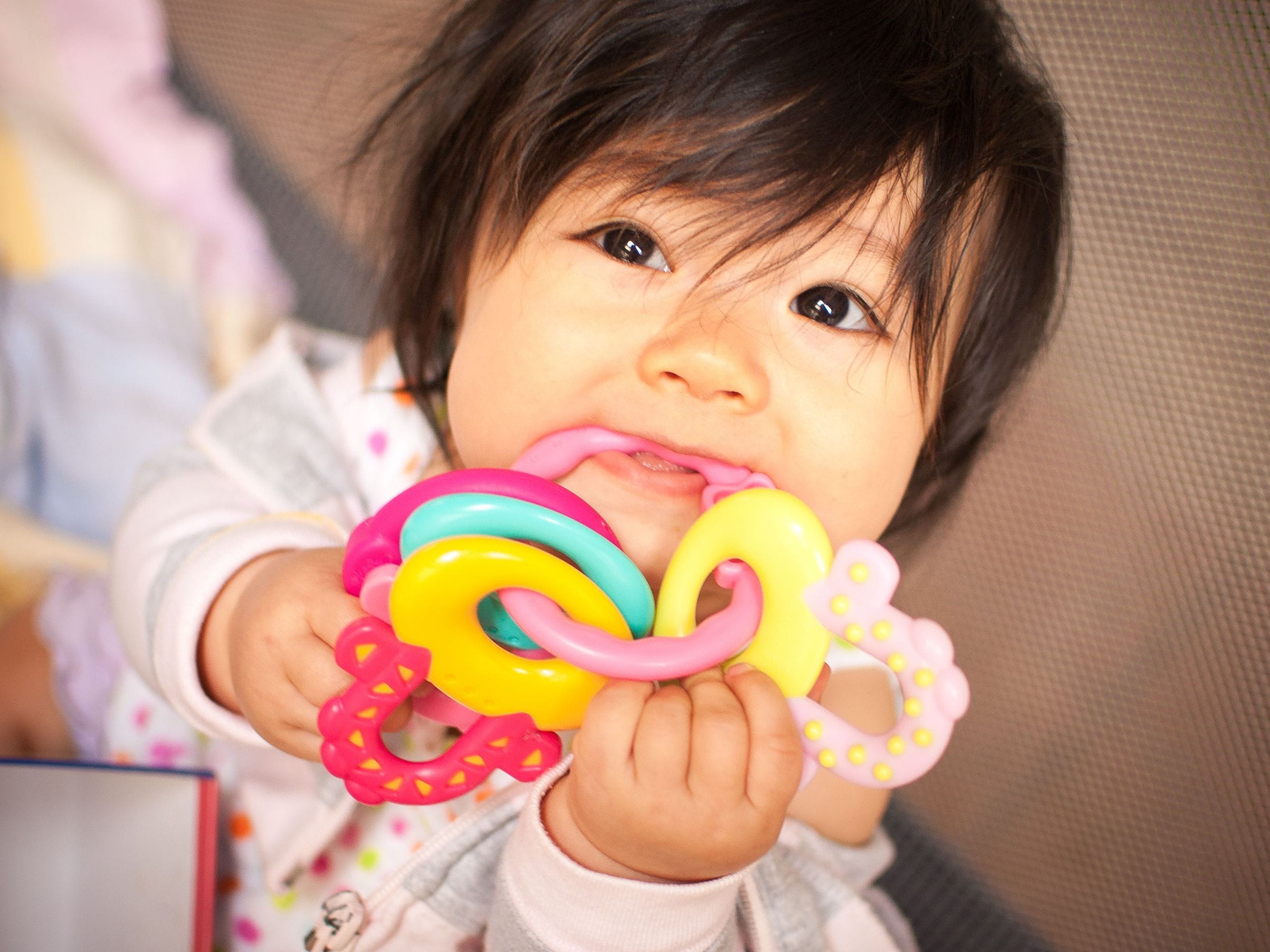Are Plastics Toxic?
The Bottom Line
Ingested plastic is not toxic. If you swallow a small piece, it should pass through your digestive system without causing harm. If you choke on the piece of plastic or it gets stuck in your throat or esophagus, you may experience difficulty breathing or chest pain. If the piece of plastic is sharp, it could cut somewhere along your digestive tract, which can cause bleeding.

What happens if you swallow a small piece of plastic?
If you swallow a small piece of plastic, you will probably not experience any symptoms. A small piece of plastic will usually harmlessly pass through your digestive tract. You may see the plastic appear in your stool within 2-3 days, although it can sometimes take longer. You may also experience breathing difficulties if you choke on a small piece of plastic and aspirate (accidentally inhale) it into your lungs.Is plastic toxic if ingested?
Plastic is not toxic if ingested. However, if you swallow a large piece, you can experience symptoms such as nausea, vomiting, and/or stomach pain. If it gets stuck in the throat or esophagus, more severe symptoms such as difficulty breathing or chest pain can occur. If the piece of plastic is sharp, it might cut your digestive tract, which can cause bleeding. If you are allergic to plastic, you may experience asthmatic symptoms such as difficulty breathing or wheezing, as well as other signs of allergy.Can plastic get stuck in your digestive system?
If you swallow a piece of plastic and it enters the stomach, it will probably be able to pass through your digestive system. A larger piece of plastic could get stuck in your esophagus and cause difficulty swallowing and chest pain.When to seek help
If you swallow plastic, seek help if your symptoms include vomiting, pain or cramping in your abdomen, blood in the stool, difficulty breathing, wheezing, or chest pain. Help from experts is available through the webPOISONCONTROL online tool and by phone at 1-800-222-1222. Poison Control’s expert guidance is always free, confidential, and available 24 hours a day.
Wendy Klein-Schwartz, Pharm.D., MPH
Clinical Toxicologist
Poison Control Media Information
Did you find this page helpful? If so, we need your support. Poison Control is in constant competition with misinformation online. Links to www.poison.org or our webPOISONCONTROL triage tool from other websites and blogs help internet searchers quickly find accurate information and Poison Control’s contact information in an emergency. If you use the content from this page, please provide attribution via a link back to this page, www.poison.org, or https://triage.webpoisoncontrol.org/#!/exclusions. By doing so, you could save a life. Thank you!
Poisoned?
Call 1-800-222-1222 or
Prevention Tips
- Keep small plastic objects up, away, and out of sight of children.
- Discard broken utensils such as forks and spoons.
- Do not use damaged or cracked plastic plates, cups or food storage containers.
- Avoid single use plastic products.
- Use alternative paper products if available, such as paper straws or wooden forks.
This Really Happened
A 12-year-old boy was eating a hot dog with a plastic fork and his mother noticed that a prong was missing. The boy stated that he may have swallowed it. He felt fine, until his mother started worrying about it, at which point the boy said that his throat might be sore. His mother called Poison Control, who asked about symptoms. The mother mentioned the sore throat. The boy was having no trouble swallowing, drinking, or eating. Poison Control told the mother that a small piece of plastic was not a problem and since his sore throat seemed to be due to worry rather than injury, he could stay at home. The mother was told to call back if he developed any further symptoms.References
Poisoned?
Call 1-800-222-1222 or
Prevention Tips
- Keep small plastic objects up, away, and out of sight of children.
- Discard broken utensils such as forks and spoons.
- Do not use damaged or cracked plastic plates, cups or food storage containers.
- Avoid single use plastic products.
- Use alternative paper products if available, such as paper straws or wooden forks.
